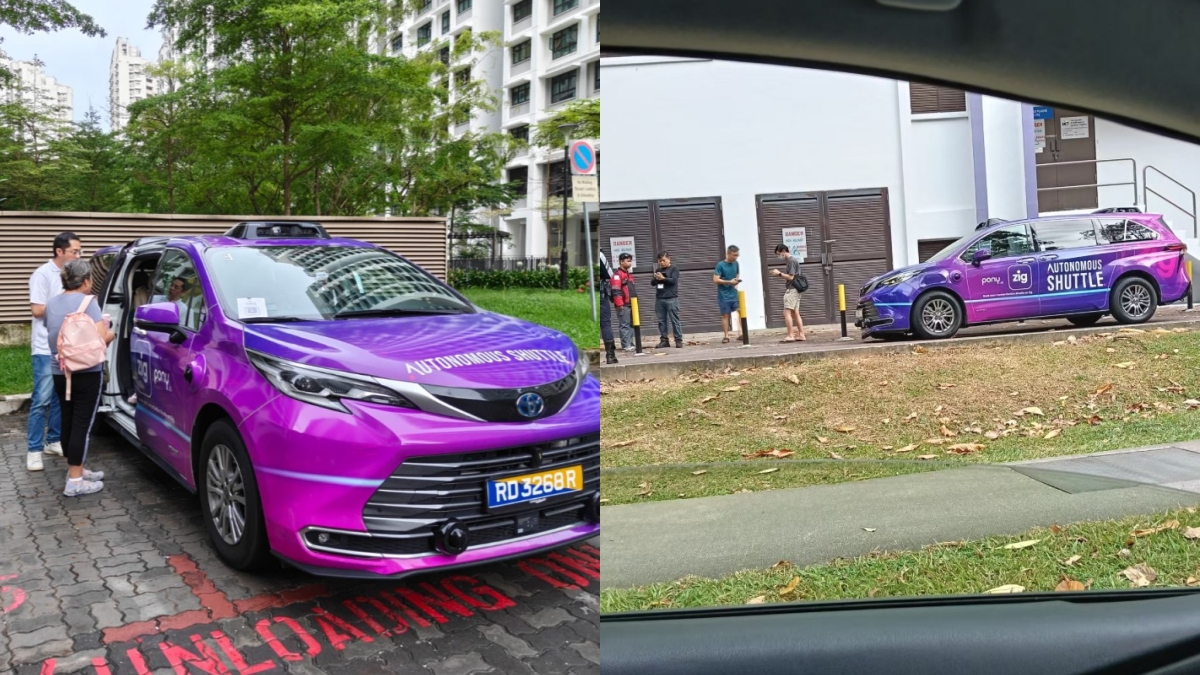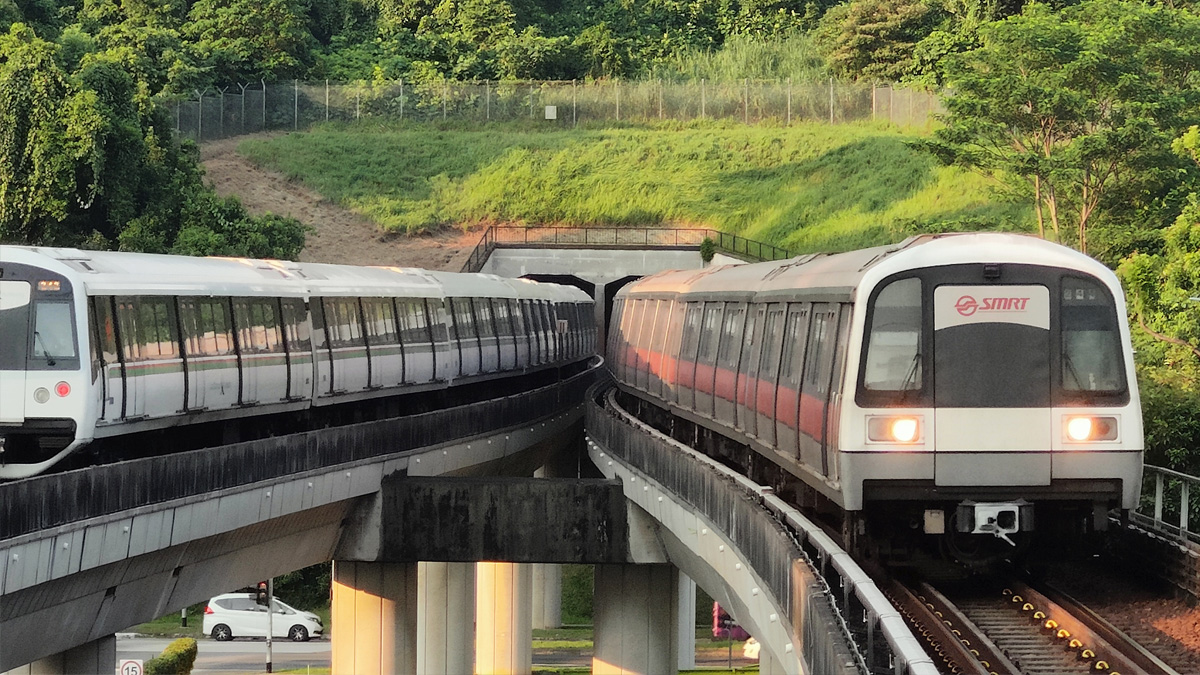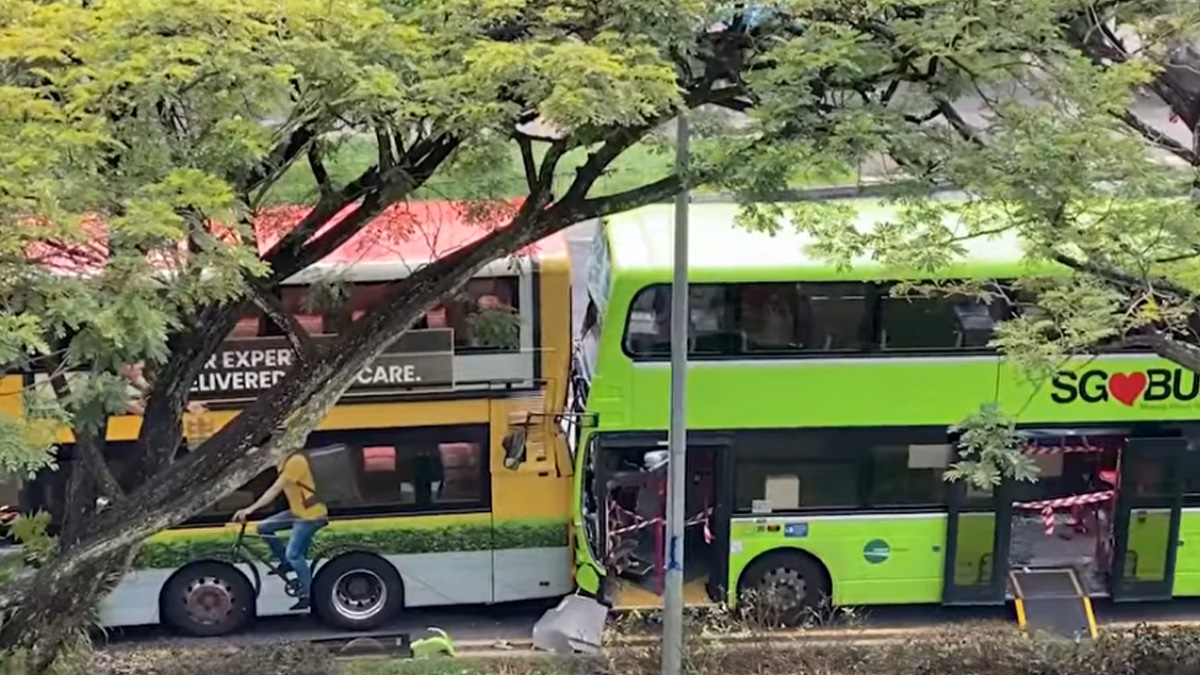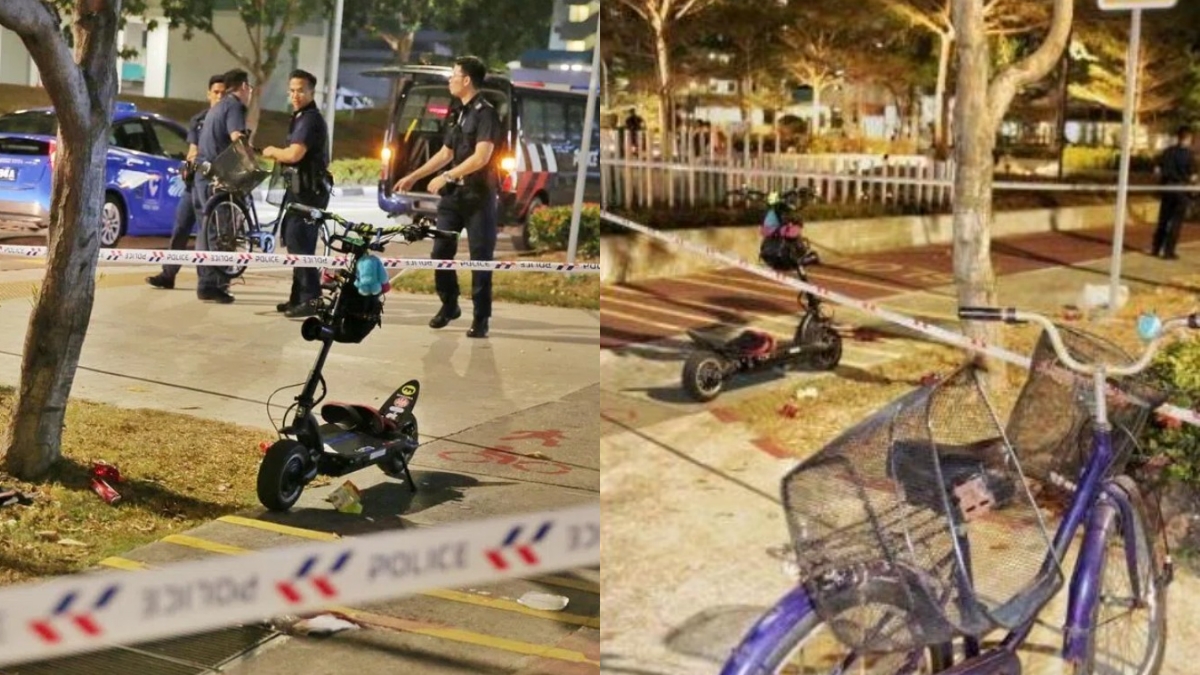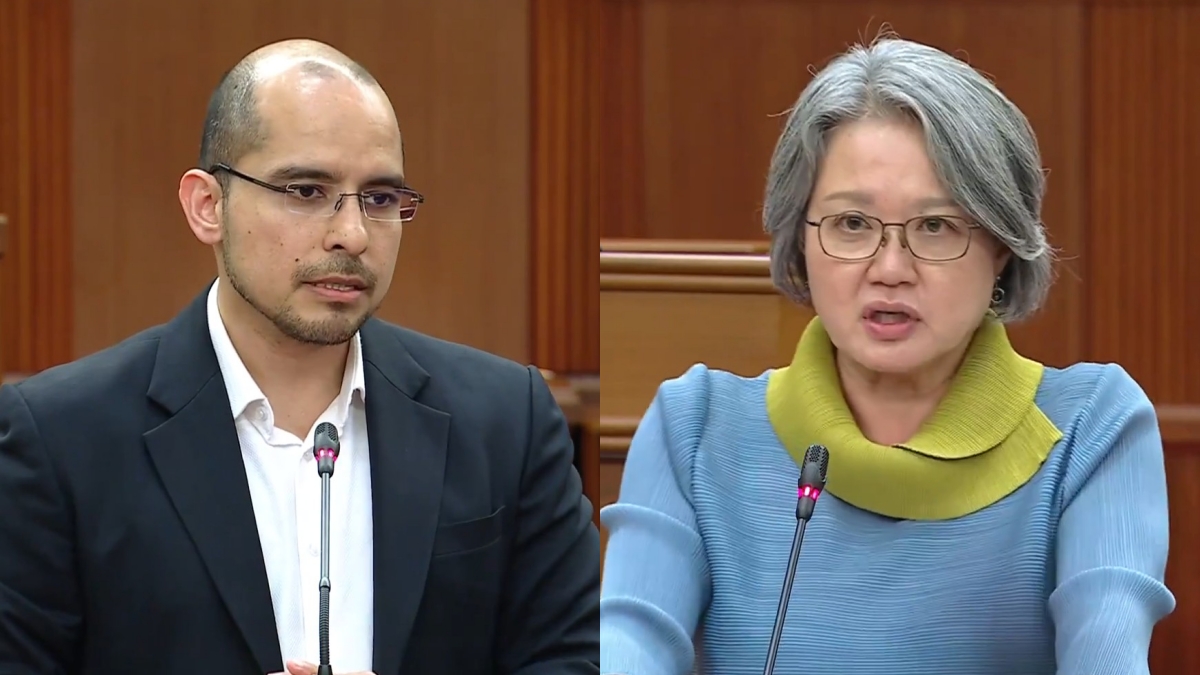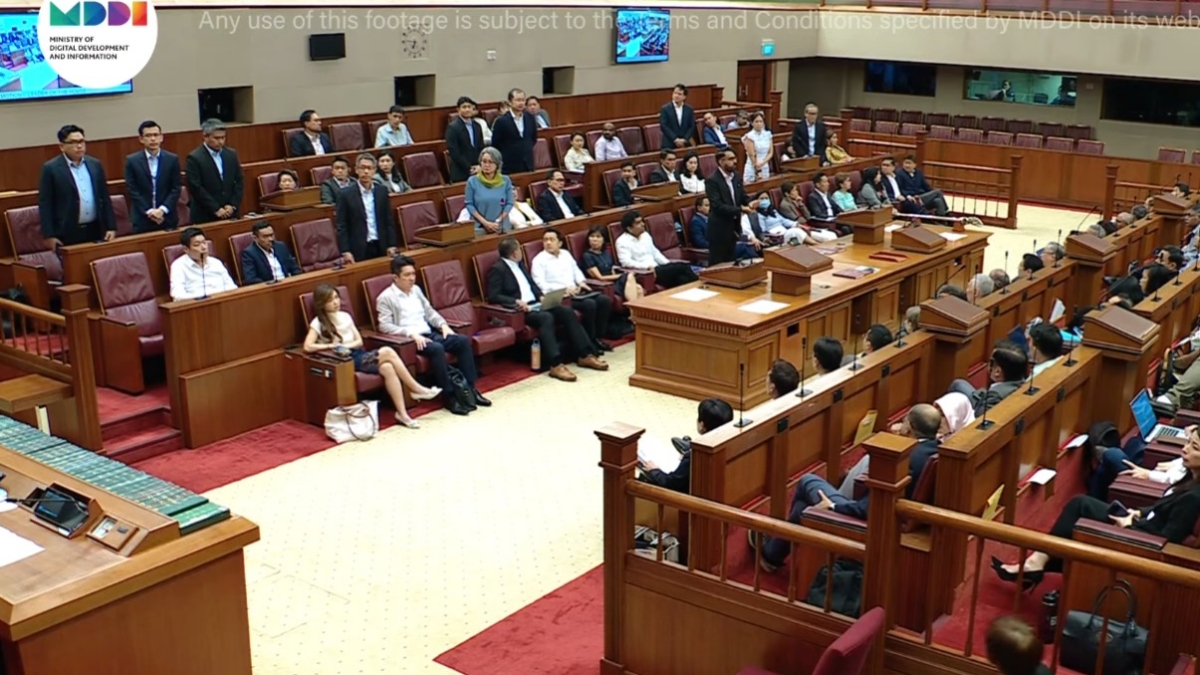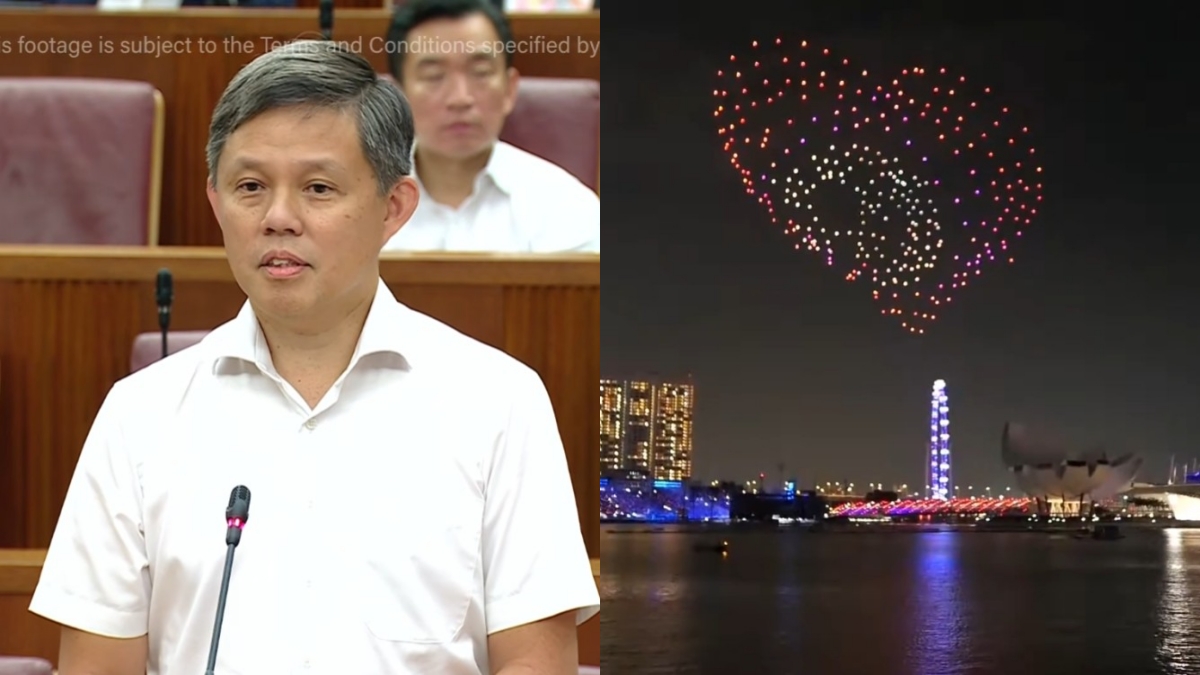Autonomous buses to include wheelchair ramps; no new stop infrastructure planned for now
Autonomous buses under Singapore’s upcoming pilot schemes will be fitted with deployable wheelchair ramps and use existing barrier-free bus stops, Acting Transport Minister Jeffrey Siow confirmed in response to a parliamentary question by WP MP Abdul Muhaimin Abdul Malik.
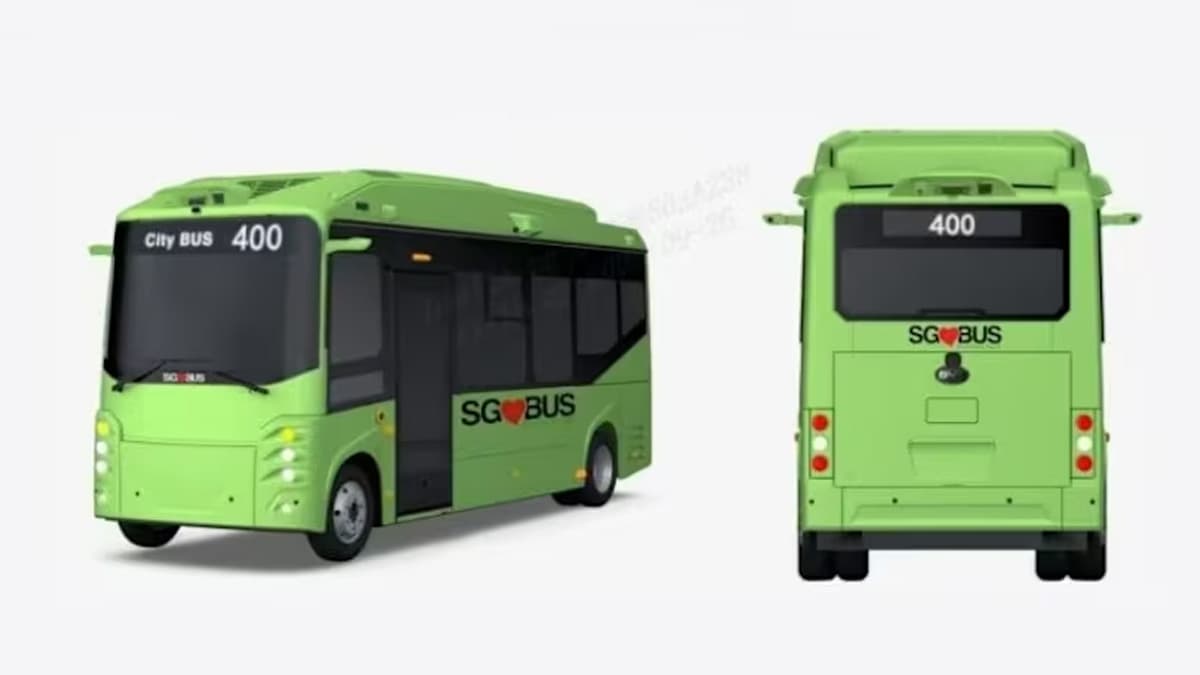
Autonomous buses under Singapore’s upcoming pilot programmes will be equipped with deployable ramps for wheelchair users and operate from existing barrier-free bus stops, Acting Minister for Transport Jeffrey Siow confirmed in a written reply on 5 November 2025.
He added that onboard safety operators will assist passengers with mobility needs during the initial phase of the deployment, ensuring inclusive access as the new transport technology is trialled on public routes.
The clarification was issued in response to a parliamentary question filed by Workers’ Party Member of Parliament Abdul Muhaimin Abdul Malik, who had asked whether autonomous vehicles (AVs) introduced into the public transport network would be required to support independent and safe boarding for wheelchair users, and whether existing bus infrastructure would be upgraded to meet those needs.
Existing stops to be used; future infrastructure needs under study
The Acting Minister stated that AV buses will operate from existing public bus stops, all of which are already barrier-free. As a result, no immediate infrastructure changes are planned for these pilot deployments.
However, he noted that the Land Transport Authority (LTA) will collect data from pilot operations to assess whether additional facilities—such as designated pick-up and drop-off points or supporting sensor systems—may be necessary as AV deployment expands.
For smaller autonomous shuttles, such as the 8-seater Roboshuttle currently in use in Punggol, Siow explained that while they do not feature ramps, they can accommodate folded wheelchairs, and safety operators will provide assistance where required.
The Ministry is also working with manufacturers and transport operators to ensure future AV designs support accessibility even when human operators are no longer onboard.
Parliamentary question raises broader accessibility and infrastructure concerns
MP Abdul Muhaimin also filed a separate question asking about planned infrastructure upgrades to accommodate AVs on public roads and how such changes might affect existing road users.
In his reply, the Acting Minister addressed the accessibility-related concerns but did not directly respond to the question of how AV-related infrastructure may impact other road users such as motorists, cyclists, or pedestrians.
While his response affirmed that AVs will initially use existing road and stop infrastructure, there was no mention of how changes—if any—may affect traffic flow, road space allocation, or user safety once the programme is scaled.
Pilot programme forms basis for long-term AV integration
The parliamentary exchange follows an announcement by the Ministry of Transport and LTA on 2 October 2025, detailing a S$8.14 million pilot programme involving autonomous buses on public services.
A consortium comprising MKX Technologies, Zhidao Network Technology (Beijing), and BYD (Singapore) was awarded the contract to deploy six 16-seater electric autonomous buses on Services 400 (Marina Bay) and 191 (one-north) over a three-year period.
The buses will include designated spaces for wheelchairs, personal mobility aids, and strollers, with deployable ramps for boarding and alighting. During the pilot’s initial phase, safety operators will be present at all times, later replaced by remote monitoring systems and onboard customer service officers as technology matures.
Workforce transition and operational safety in focus
In preparation for the pilot, the LTA will conduct rigorous testing under its AV Milestone 1 framework, ensuring all safety and operational requirements are met before service launch in the second half of 2026.
SBS Transit Ltd will operate the buses, and the consortium will work with the Singapore Bus Academy to retrain existing bus captains for new roles such as safety operators. Additional training programmes are being developed for other AV-related functions, including fleet management and remote operations.
The pilot aims to determine the technical feasibility and operational viability of AVs in public transport, particularly their role in supporting low-ridership routes or introducing new services limited by manpower constraints.
The results will guide future decisions on whether to expand the AV fleet, with up to 14 more buses potentially added in subsequent phases.


